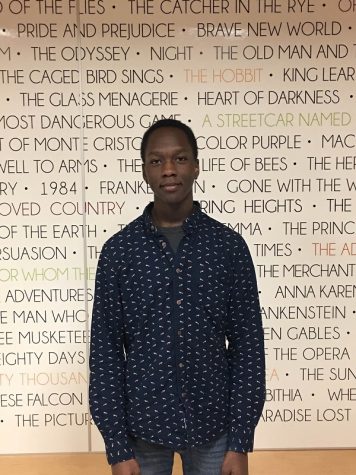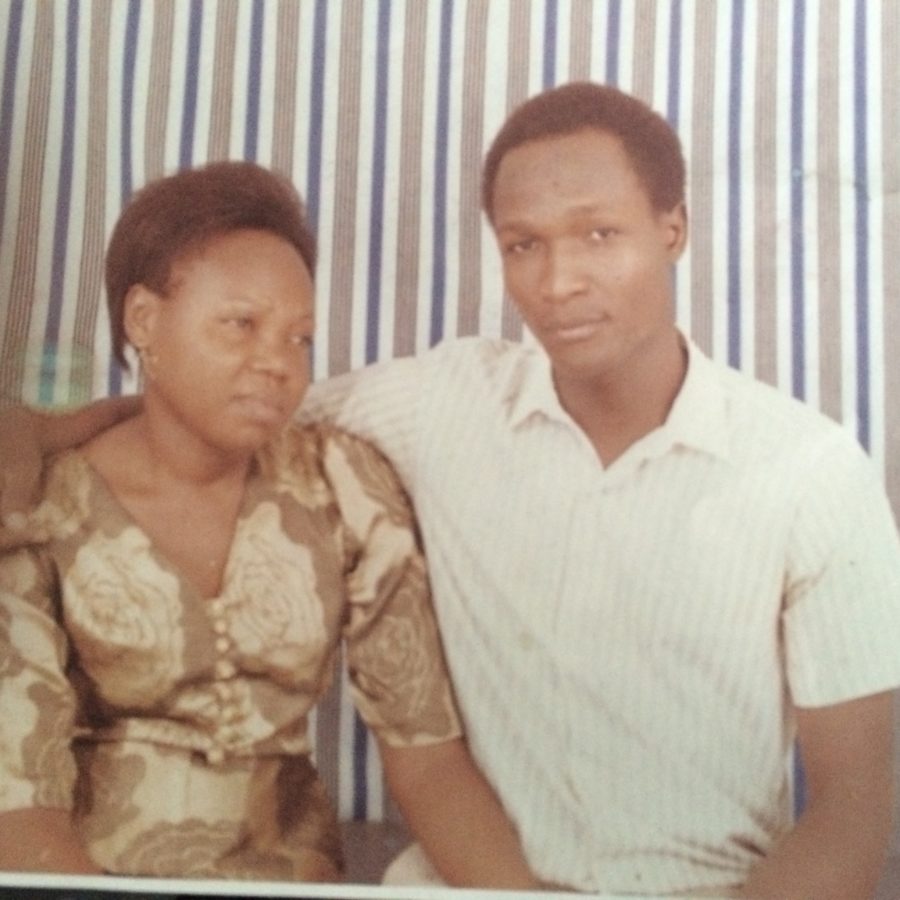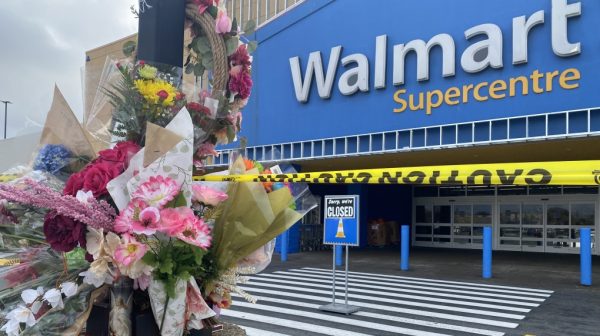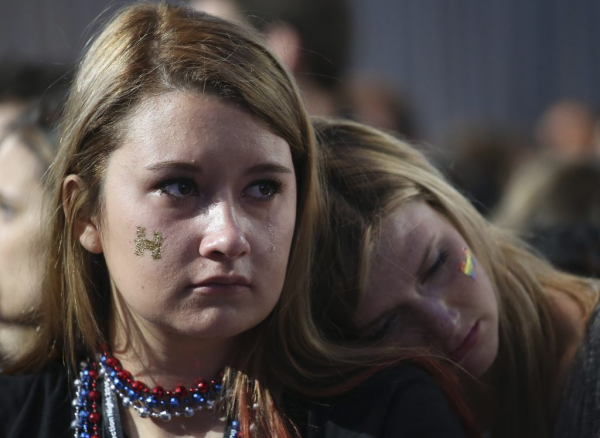Family progresses further west, moving towards a better life
Adnelly Moipard was born in Koumra, a city in southeastern Chad, to an administrative government official and self-employed tradeswoman.
Due to the professions of her parents, Moipard moved often, as her father was constantly reassigned to manage new cities as a part of his job.
Growing up, she says that she lived in a very busy environment, having seventeen brothers and sisters and relatives and friends constantly roaming in and out of her home, wherever it may have temporarily been.
Of middle class origins, Moipard attended secular public elementary and secondary schools for much of her youth.
With a developing interest in sociology–of different cultures and lifestyles, of essentially the way in which the world works–Moipard would attempt to complete her secondary education, as the violence and unrest of Chadian Civil War would reach its peak in the years before she was supposed to formally graduate. But the Civil War which would shape the course of Moipard’s adult life was the result of nearly eighty years of political instability and ethnic tensions.
French colonization of the region, which left marginalized, powerless groups resentful of those granted a Western education and allowed positions of political power most greatly contributed to the start of the Civil War.
Of a political family, and of the ethnic majority Sara, the same as that of the first administration, Moipard would personally and deeply feel the effects of war.
Seeing the loss of relatives, of her father and siblings, and the persecution of those she closely knew, classmates or others whose lives were casualties of war, and seeing the dismantlement of the institutions on which she relied–family, school, government–Moipard would seek to continue her education in Burkina Faso, a country, which at the time seemed climatically and politically temperate, though geographically smaller and demographically more dense.
It was an opportunity that would secure a more stable and peaceful future.
Upon attendance at the University of Ouagadougou in the capital city of Ouagadougou, Burkina Faso, Moipard would meet her husband and aspiring civil engineer, Kinagoto Nanadoum.
Both were admitted to the school under a legal status of refugees.
Nanadoum was born in rural Southern Chad to a militant father and mother, who would do her best to economically support her family.
Nanadoum, who had established an early interest in mathematics and science, had viewed education as the tool in which he could lift himself and family out of their situation.
He saw early signs of the war as well, appealing to common knowledge of the escalating tensions with neighboring Libya and Sudan at the time.
They had their first child in 1986, a daughter by the name of Nadege. They had married in 1989, and would bear a son in the following year, by the name of Emmanuel. Subsequently, they would have two more sons: Michael (1998) and Christian (2000).
They lived stably while in Burkina Faso, as Moipard was a secondary level French teacher and Nanadoum was a practicing civil engineer, but things would unexpectedly change.
As refugees, they were to relocate soon, and were chosen for relocation in America.
Giving up their lives, their homes, their professions, their relationships–essentially all that they had and knew of the world, they sold almost everything they owned, and left.
With six children–they had two adopted nieces, the son of Nanadoum, and their three shared children–they would travel to America, from Burkina Faso–where they had resided for a total of eighteen years. Their youngest son at the time, Michael, was only one years old.
“When we came here, we left everything behind,” says Moipard as she recounts the hardest part of adjustment to life in America. Economic and cultural adjustment was among one of the many challenges. To fill the requirement that they re-educate themselves in the profession in which they had for ten years been established, they attended Utah State University to obtain new degrees from American universities in order for their expertise to be valid.
They also were not fluent in English upon their arrival in the U.S.
“But today, I think we are doing better.”says Moipard, “Everybody who moves to the United States needs to do something to get a better life.”
Nanadoum speaks of the family’s troubling economic and financial circumstances, having to find temporary employment in jobs that they would never have to consider if they were in their home country. Also, of living with seven people–soon-to-be eight–in a small three bedroom apartments, and providing the necessary resources for all members to live comfortably.
But Moipard says that she is glad that the family has come to America, and thought it is not easy, without schooling, life would be far more difficult.

I am in 12th grade. I would like to study political science at the post-secondary level. I chose to study journalism because the critical thinking and...









Rachel • Mar 22, 2017 at 10:03 am
I love how you addressed refugees coming to America. It contrasts our system to another. I really loved this piece!
Mrs. Coretto • Mar 20, 2017 at 1:44 pm
Christian,
Your article clearly shows the struggle your family has endured. It is well written and shares the difficulties in becoming refugees. I am happy you are here in Naugatuck and that your parents have found a better life. They have obviously brought you up well and taught you to work hard and not take anything for granted.
Sincerely,
Mrs. Coretto
Samantha Sbat • Mar 20, 2017 at 11:31 am
Wow! Christian this was a very well written article. The whole story is very touching, and I truly admire this couples hard work and dedication. Keep up the good work. You have great potential.